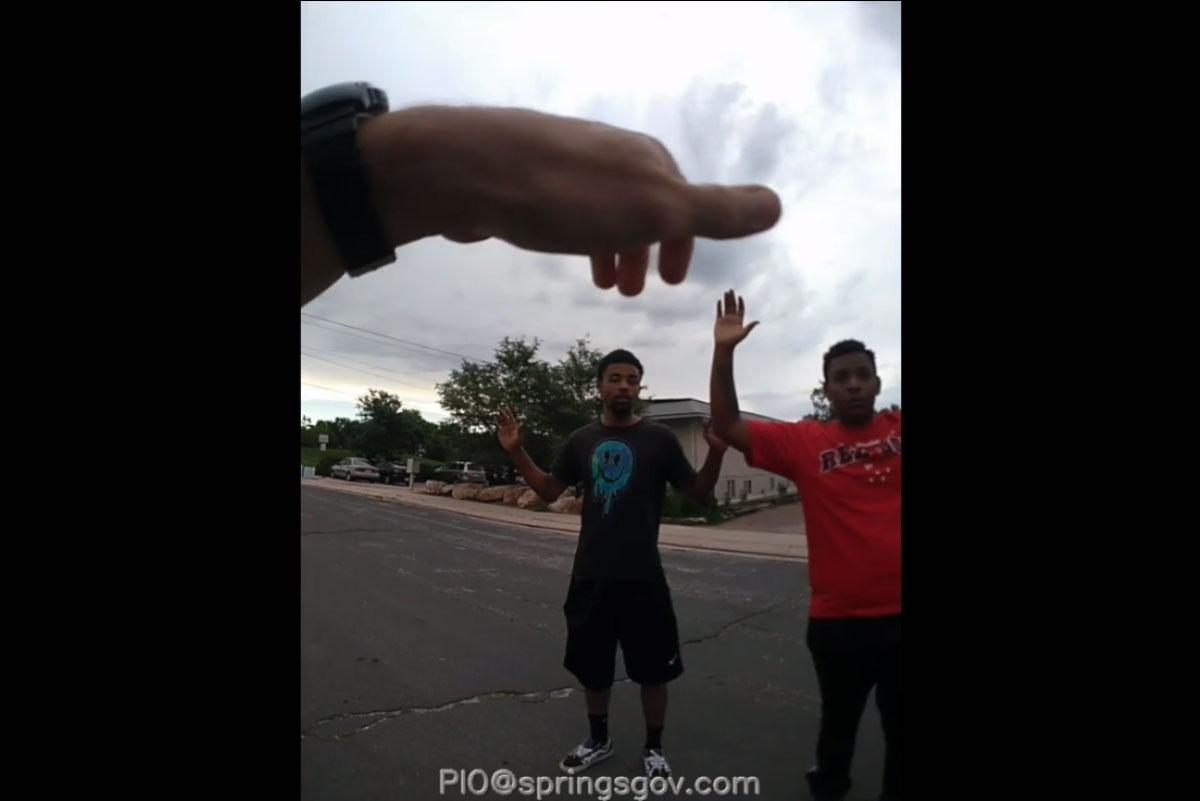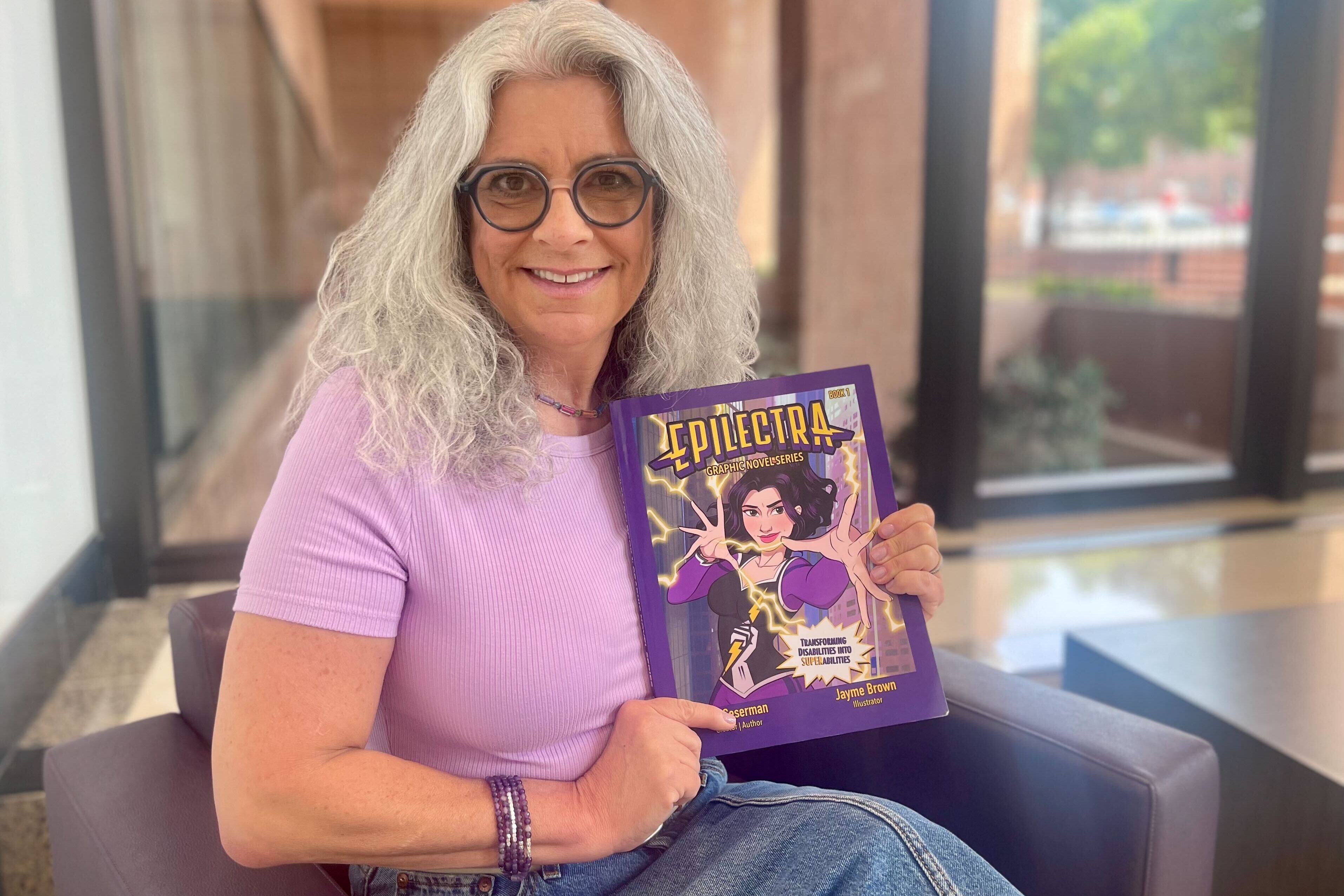
State Attorney General Phil Weiser hopes to explore whether police need more training to handle racial bias in wake of a lethal shooting of a black teenager by Colorado Springs Police.
Weiser will launch a series of statewide conversations this week in Colorado Springs to hear from community members and stakeholders about standards and training procedures. Those conversations will include whether officers are properly able to detect bias in policing and racial profiling.
Results of the input from law enforcement, district attorneys and others could result in potential legislation next session, Weiser’s office said on Monday.
De’Von Bailey, 19, was suspected of armed robbery and shot in the back after he ran from two Colorado Springs police officers on Aug. 3. He was armed at the time, though not pointing a gun at police. He appeared to be moving his hand towards his waistband as he ran, according to bodycam footage of the shooting released by police.
An investigation is ongoing with the El Paso County district attorney’s office into whether the two officers used excessive force. Bailey’s family, who has hired attorney Mari Newman, asked Weiser’s office to conduct an independent investigation into his death.
Weiser’s office said they don’t have the authority to do that.
Gov. Jared Polis urged the local El Paso County district attorney relinquish the investigation to an outside agency but did not issue any orders or give any direction about which agency or prosecutors should additionally be involved.
The state’s Peace Officer Standards and Training Board is under Weiser’s office and manages the certification and training of all law enforcement officers statewide.
Tom Raynes, head of the Colorado District Attorneys Council, has fiercely defended the DAs’ ability to conduct independent investigations into police forces in their communities. He said Monday he looks forward to the conversations with Weiser.
“I think there is always interest in the prosecutors to look at law enforcement training of any kind,” he said. “If the AG wants to do some revamping or training of any issue, whether it be racial bias or anything else, that is always a worthwhile conversation.”









